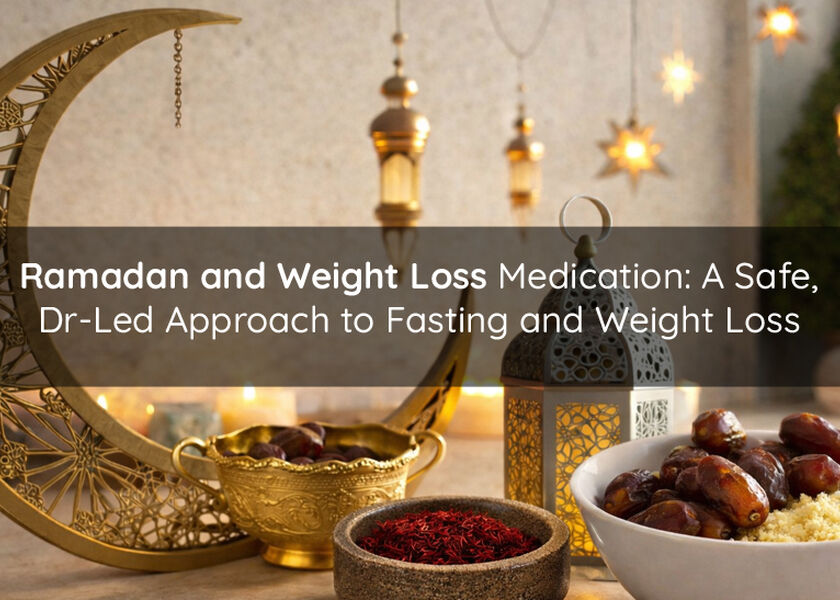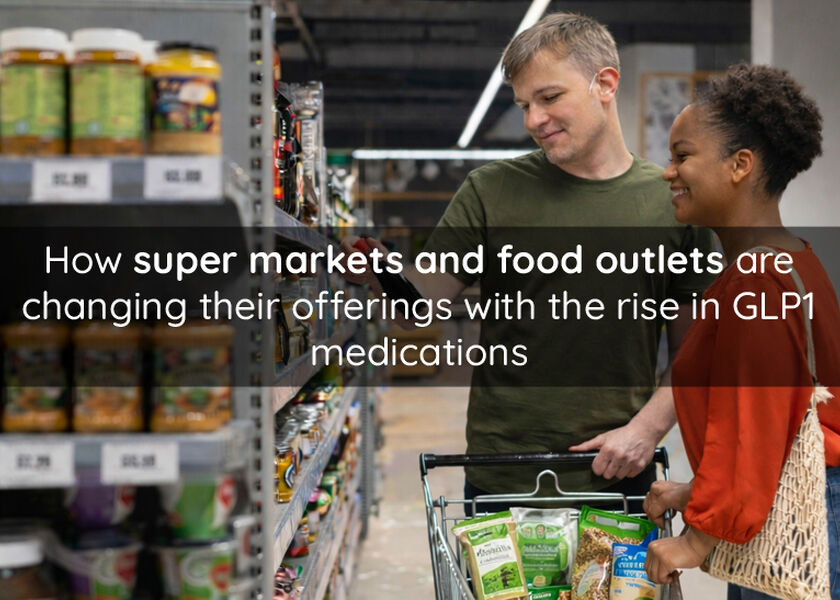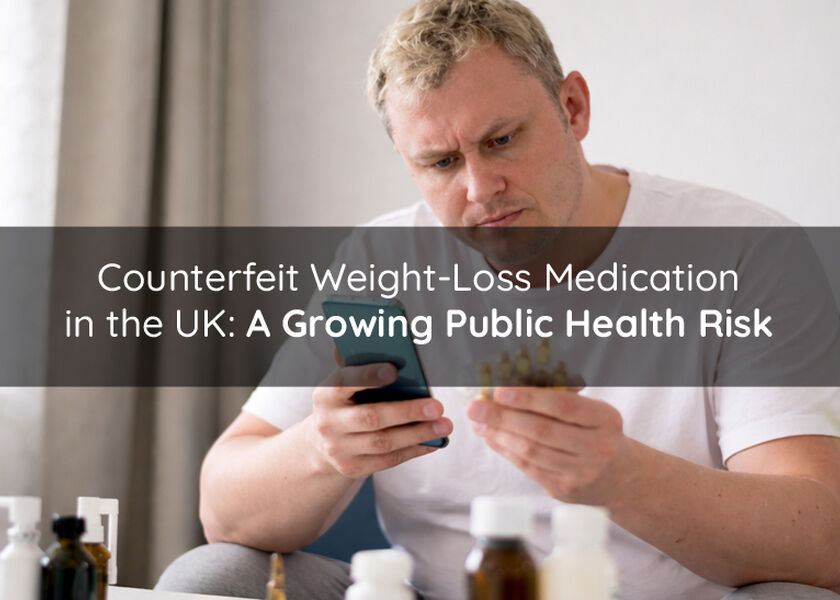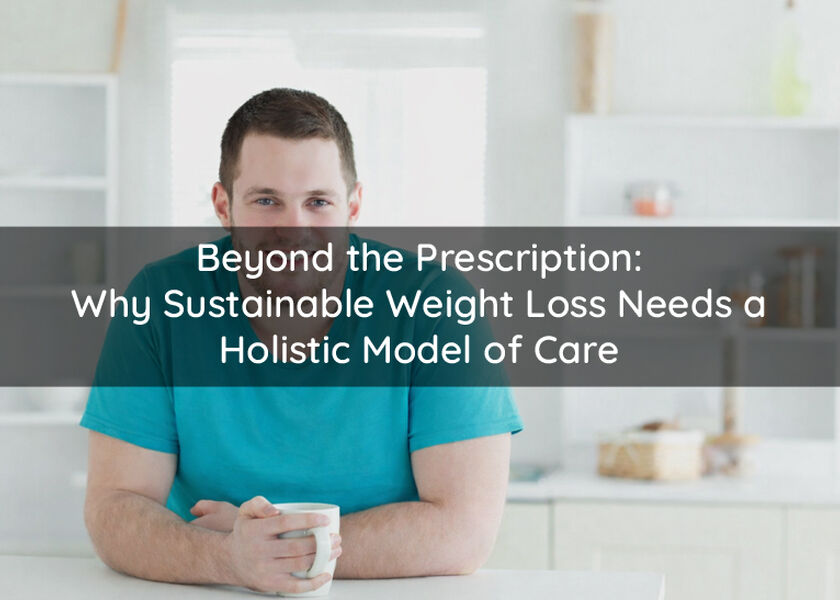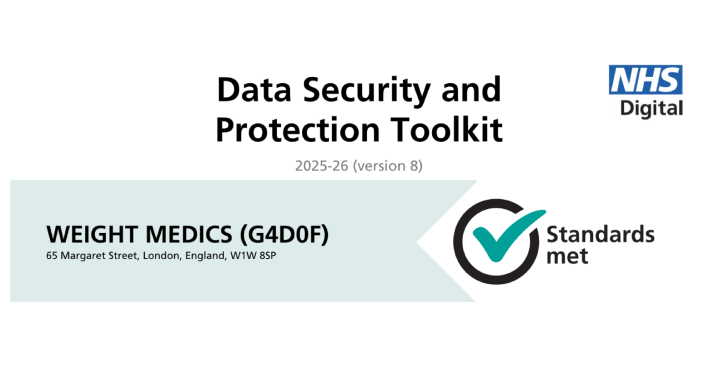
For hundreds of years, sugar was considered a luxury—something reserved for the wealthy. But with the industrialisation of sugar production starting in the 1500s, and more recently, the rise of high-fructose corn syrup (HFCS), sugar has become cheap, accessible, and alarmingly overconsumed.
At Weight Medics, we often educate our patients on sugar’s wide-reaching impact—from brain chemistry to chronic disease risk—and guide them through safe, sustainable ways to cut back.
Sugar and the Brain: More Addictive Than You Think
Eating sugar triggers the release of dopamine, the same neurotransmitter that lights up during pleasurable activities like sex or drug use. This is why sweet foods feel so satisfying—and why they’re so difficult to give up.
In fact, sugar affects the brain’s reward system similarly to certain addictive drugs. Withdrawal can lead to irritability, fatigue, and cravings. The result? A cycle that’s hard to break without a plan.
Sugar Is Inflammatory: And It is Hiding Everywhere
Refined sugars—especially HFCS and table sugar (sucrose)—are linked to chronic inflammation, which plays a major role in conditions like:
- Obesity
- Type 2 diabetes
- Heart disease
- Certain cancers
What’s worse is that sugar often hides in foods you might not expect:
- Breakfast cereals
- Pasta sauces
- Yoghurts
- Salad dressings
- Alcohol
That’s why we encourage our patients to always read ingredient labels and look out for added sugars under names like dextrose, maltose, and syrup.
How Much Sugar Is Too Much?
Here are the recommended maximum daily limits for free sugars (those added to foods and drinks):
- Adults: 30g per day (about 7 sugar cubes)
- Children 7–10: 24g per day (6 sugar cubes)
- Children 4–6: 19g per day (5 sugar cubes)
To put this into context:
- A 30g bowl of Coco Pops = 11g of sugar
- One tablespoon of Nutella = 11g of sugar
That’s over half a child’s daily sugar limit—just at breakfast.
Sugar Cravings: What You Can Do About Them
It is possible to reduce cravings and restore your body’s natural balance. Here are strategies we often recommend to our patients:
- Increase fibre intake – Slows digestion, balances blood sugar
- Eat more protein – Boosts satiety and reduces snacking urges
- Stay hydrated – Dehydration often feels like hunger
- Incorporate healthy fats – Keeps you full longer
- Satisfy your sweet tooth naturally – Use fruit or low-GI alternatives
- Be sugar-aware – Spot hidden sugars on labels
Natural Sweetener Alternatives: What Works and What to Watch For
If you’re not ready to go 100% sugar-free, swapping to smarter sweeteners can help reduce the negative effects:
- Stevia
Plant-derived, calorie-free
Can lower blood pressure and improve blood sugar control
Ideal for those managing diabetes - Xylitol
A sugar alcohol found in some fruits and vegetables
Supports dental health
May enhance calcium absorption
Too much can cause gas or bloating—moderation is key - Honey
Contains antioxidants and trace nutrients
Still raises blood sugar, so use sparingly
Better than refined sugar but still not for daily use
Whole Fruit: Nature Sweet Treat
When you do want something sweet, opt for whole fruit. It contains:
- Natural sugars that release slowly
- Fibre, which keeps you full and supports digestion
- Vitamins and antioxidants that promote overall health
- Compared to fruit juice or dried fruit, whole fruit is always the better choice due to its lower glycaemic impact.
Make It a Treat, Not a Habit
If you’re going to indulge, keep it occasional—not daily. A sweet treat once or twice a week is realistic and won’t undo your progress when balanced with nutritious choices.
At Weight Medics, we encourage our patients to enjoy food mindfully, without guilt—but also without letting sugar control your cravings, energy levels, or health outcomes.
In Summary
Sugar affects your body in more ways than just your waistline—it’s linked to mood swings, energy dips, inflammation, and long-term health risks. But with the right tools and support, reducing sugar intake doesn’t have to feel restrictive.
Let’s focus on real, whole foods and use knowledge as power to take control of your health from the inside out.
Ready for a personalised approach to nutrition and weight loss?
Book a consultation with one of our Weight Medics specialiststoday. We’ll help you build a sugar-smart plan that supports both your goals and your wellbeing.
- Sugar and the Brain: More Addictive Than You Think
- Sugar Is Inflammatory: And It is Hiding Everywhere
- How Much Sugar Is Too Much?
- Sugar Cravings: What You Can Do About Them
- Natural Sweetener Alternatives: What Works and What to Watch For
- Whole Fruit: Nature Sweet Treat
- Make It a Treat, Not a Habit
- In Summary
- Ready for a personalised approach to nutrition and weight loss?


